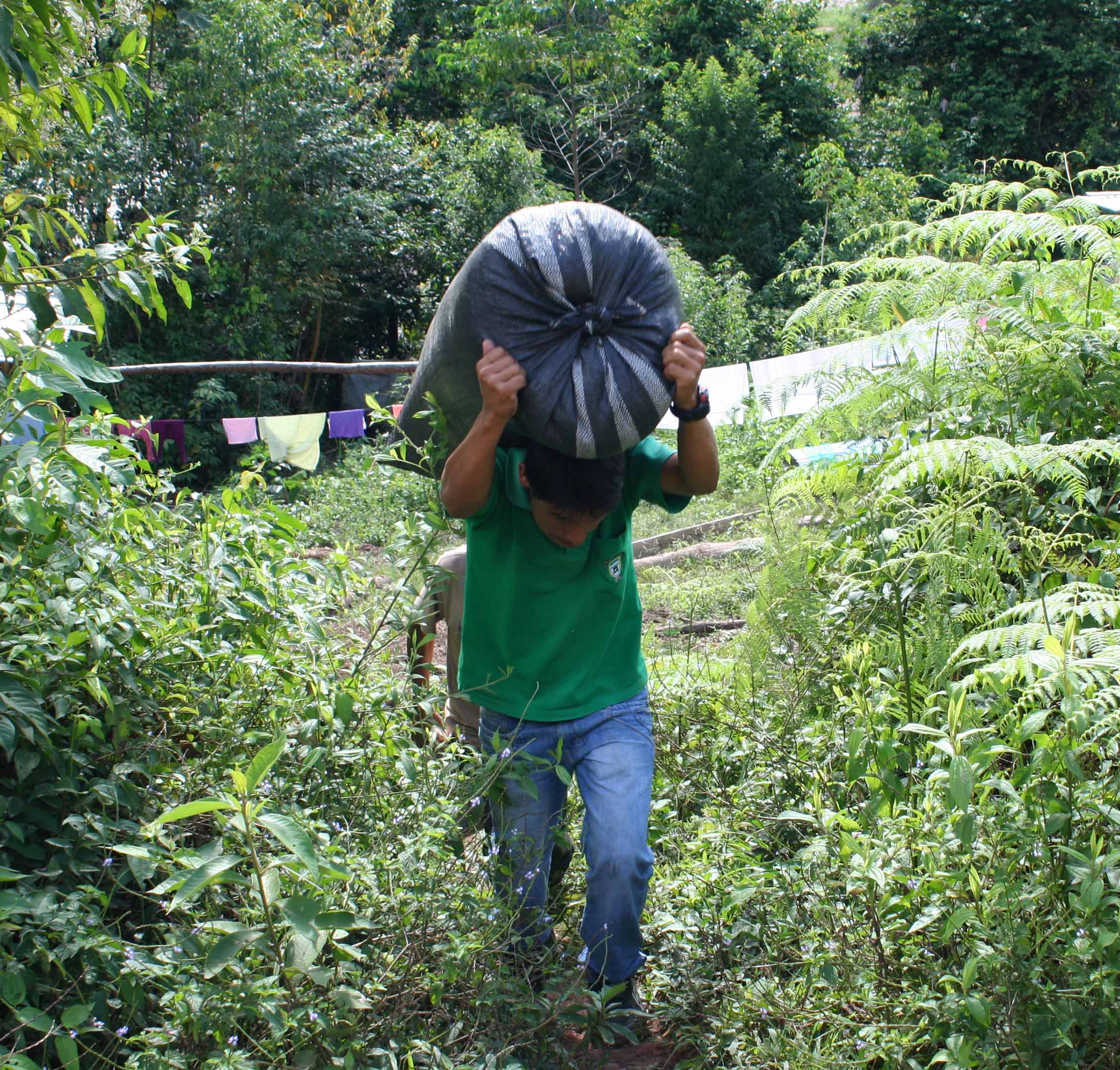We regularly follow Michael Sheridan of the Coffeelands blog. A recent post includes a must read SCAA White Paper on Farmworker Inclusion. Here’s a bit of the article and links. Anyone interested in a sustainable coffee chain must begin with the farmworkers themselves. Excellent reading!
The SCAA White Paper Series
Since 2013, I have served as a volunteer on the SCAA Sustainability Council. In recent years, the Council has released a series of issue briefs on what we call “critical issues at origin.” The first addressed the issue of hunger, the second, gender equality. A fourth white paper, on water security, is due out soon.
A Blueprint for Farmworker Inclusion in the Coffeelands
The publication provides valuable insight into farm labor in the coffee sector. It details the risks to brand, supply and compliance related to farmworkers in coffee supply chains, as well as the opportunities for value creation and social impact. And it advances four recommendations for companies that wish to move toward farmworker inclusion:
- Map your supply chains.
- Establish and apply standards.
- Engage with policy.
- Build new business models.
For each recommendation, the paper offers a case study of a company or country worthy of the consideration of the specialty coffee community.
I had the distinct pleasure of working on this publication over the past 11 months with the other members of the Sustainability Council’s Farmworker Committee, four formidable coffee professionals deeply committed to farmworker inclusion and empowerment: SCAA Director of Sustainability Kim Elena Ionescu, Expocafé Sustainability Director Angela Pelaez, Fair Trade USA Director of Coffee Supply Ben Corey-Moran and UTZ Business Development Director for North America Miguel Zamora.
The largest and most vulnerable group of participants in coffeesupply chains—the tens of millions of wage-earningmen, women, and children who work on coffeefarms—have remained on the margins of those efforts.– From: A Blueprint for Farmworker Inclusion
Michael has worked on coffee for Catholic Relief Services since 2004. He currently directs the Borderlands Coffee Project in Colombia and Ecuador and advises other CRS coffee projects in Latin America and the Caribbean. He is based in Quito and publishes perspectives from the intersection of coffee and international development for the CRS Coffeelands Blog at coffeelands.crs.org.
Full article here. Link to the Blueprint for Farmworker Inclusion here. (PDF)
